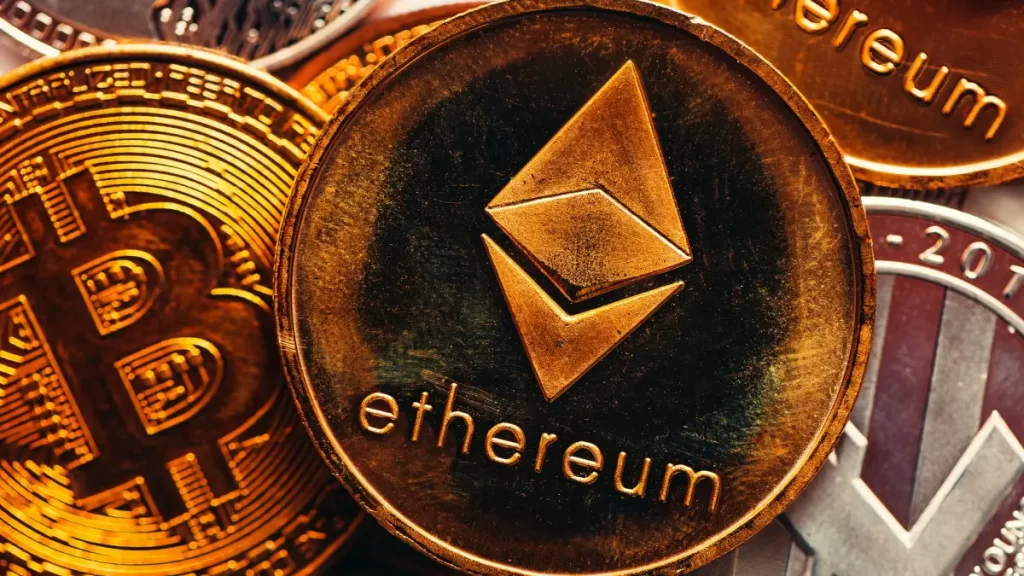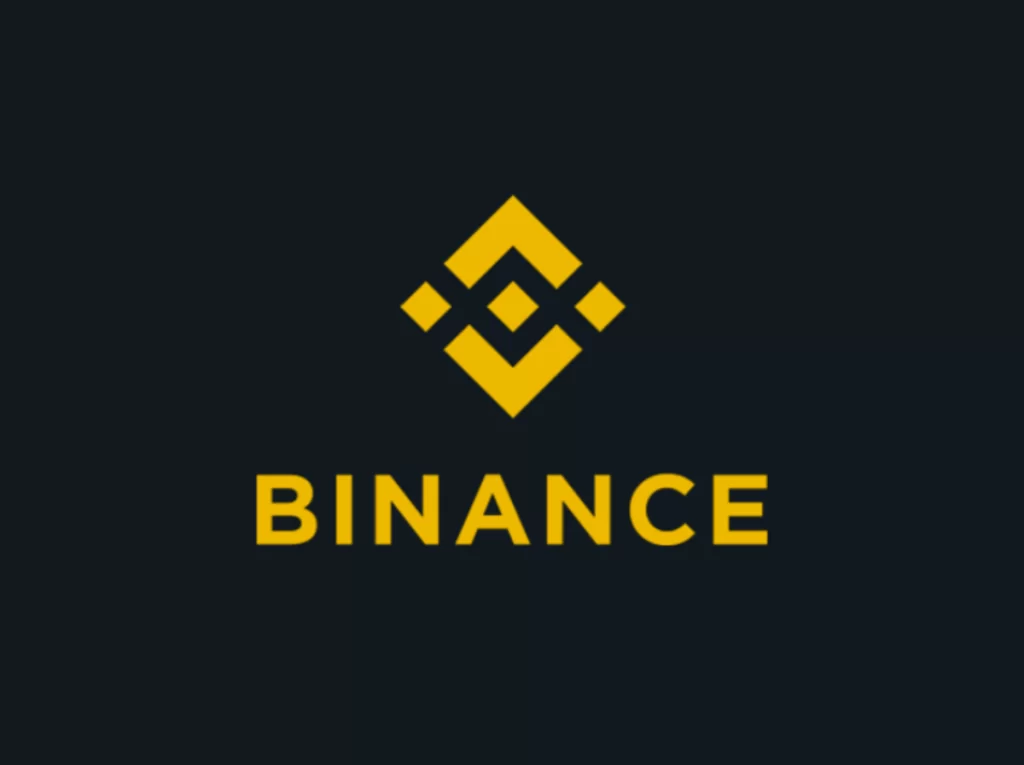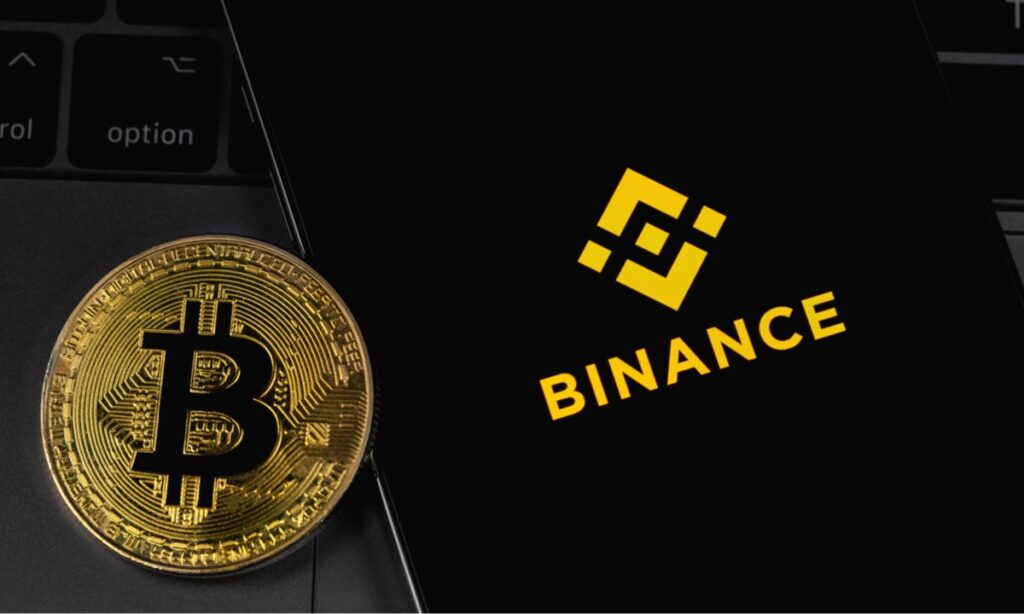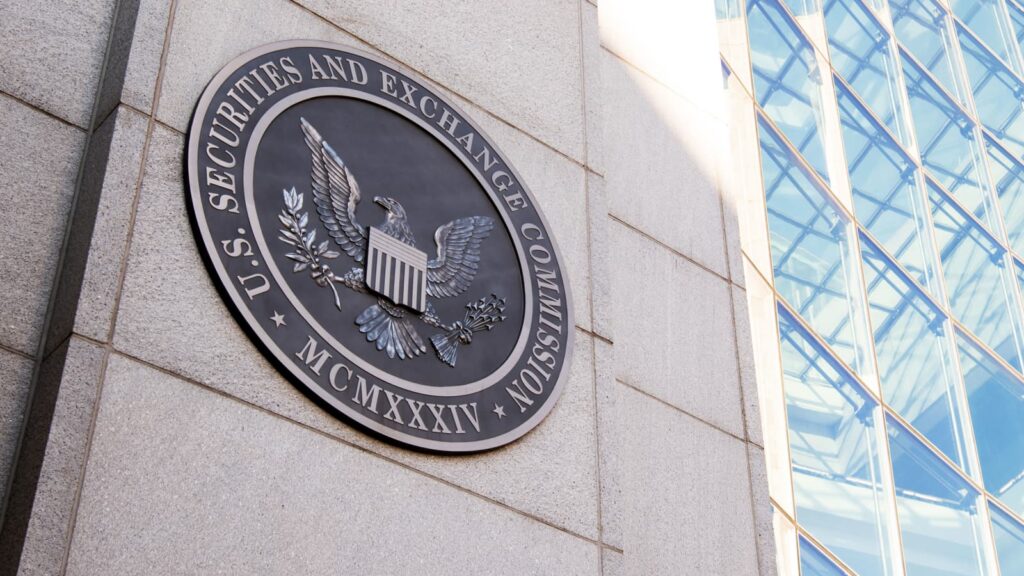In recent legal filings, U.S. prosecutors disclosed attempts by Sam “SBF” Bankman-Fried to rehabilitate his image following the 2022 downfall of FTX.
A Google document, attached to the sentencing memorandum filed on March 15, outlined Bankman-Fried’s 19 strategies aimed at shifting the narrative around the cryptocurrency exchange’s collapse.
These strategies ranged from making media appearances, such as on Tucker Carlson’s show while announcing a political affiliation shift, to disseminating documents to the media, critiquing legal representation, and promoting a staunchly pro-crypto stance alongside an anti-Binance campaign.
The inclusion of this document is part of the prosecution’s case advocating for a severe penalty for Bankman-Fried, who was convicted of fraud and money laundering charges last November.
This document, prosecutors argue, illustrates Bankman-Fried’s potential to perpetrate further fraudulent activities if given the opportunity to reintegrate into society prematurely.
They highlight an instance where, even after FTX declared bankruptcy and subsequent to his indictment, Bankman-Fried pondered over initiating “Archangel LTD,” a venture akin to FTX’s operations aimed at re-establishing an exchange platform.
READ MORE: Hong Kong’s SFC Adds MEXC to Warning List Amid Crackdown on Unlicensed Crypto Exchanges
While the government seeks a prison term of 40 to 50 years, considerably less than the possible maximum of 110 years as per U.S. sentencing guidelines, Bankman-Fried’s defense is advocating for a sentence under seven years.
This plea was made in a memo on Feb. 27, ahead of District Judge Lewis Kaplan’s sentencing decision set for March 28.
Prosecutors further critiqued Bankman-Fried’s sentencing submission for attempting to downplay his crimes as simple misjudgments or misunderstandings, referencing letters from his defense requesting a lenient sentence.
They assert that Bankman-Fried is keen on crafting a narrative of redemption, aiming to manipulate others into investing based on deceitful premises and unfounded optimism.
This case follows a jury finding Bankman-Fried guilty on all seven counts leveled against him by the U.S. government, charges he has denied.
In a related development, FTX’s new leadership announced plans to settle debts with creditors, calculating repayments based on the cryptocurrency values at the time of its bankruptcy filing.
To submit a crypto press release (PR), send an email to sales@cryptointelligence.co.uk.









